Stable isotope marine laboratory
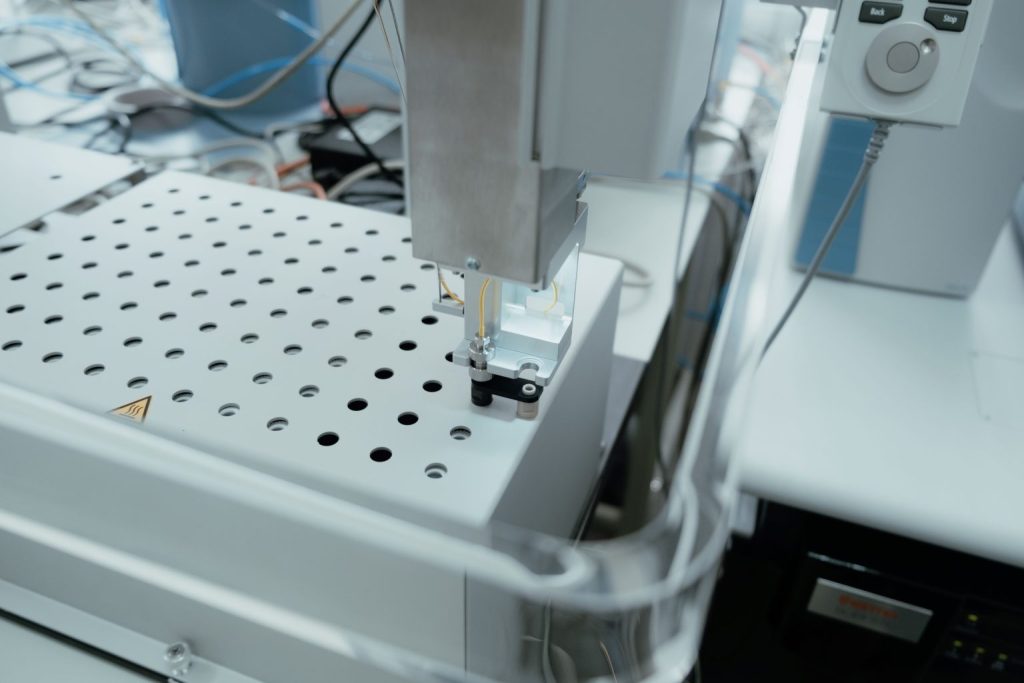
INMAR’s marine stable isotope laboratory allows measuring isotopic ratios (δ13C, δ15N, δ18O and δ2H) in organic and inorganic samples, both solid, liquid or gaseous. The objective is the development of specific methodologies that allow a better description of the functioning of marine ecosystems.
For this purpose, the laboratory is equipped with a mass spectrometer (IRMS) wich has 5 Faraday cups for isotopic ratio measurements and has a sensitivity of approximately 1,000 CO2 molecules per ion of m/z 44. The IRMS is coupled to different peripheral equipment depending on the analysis required.
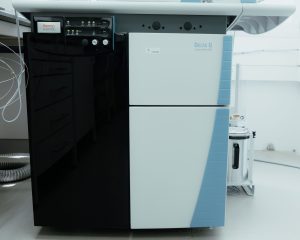
Elemental analyzer. It has a thermal conductivity detector that allows the determination of the percentage of N, C, S, O and H in solid and liquid samples. It consists of a combustion reactor (δ13C and δ15N) and a pyrolysis reactor (δ18O and δ2H). It is used for the study of the formation of water masses, diagenetic processes of organic matter, origin of dissolved and particulate organic matter, research on the photosynthetic mechanism, characterization of migration processes and study of trophic levels.
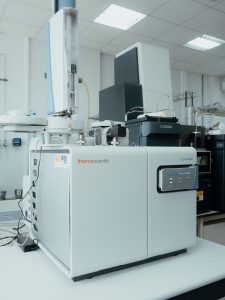
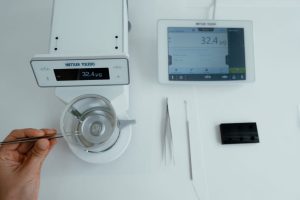
GasBench – IRMS. Equilibration of solid and liquid samples with a gas phase (δ13C, δ18O, δ2H y δ15N). It is used for paleoclimatic studies, carbonates, origin of dissolved inorganic carbon, characterization of water masses and origin of nitrate and study of eutrophication.
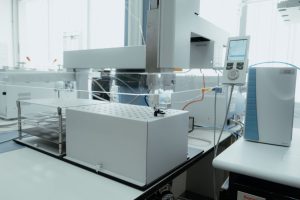
Service location: INMAR laboratory no. 2 (INMAR/IVAGRO Research Institute Building, ground floor. Puerto Real University Campus, University of Cádiz).
External users must register at the following link: CAU INMAR registration
For more information, please contact the research staff: jairo.sanchez@uca.es
This equipment has been financed by:


